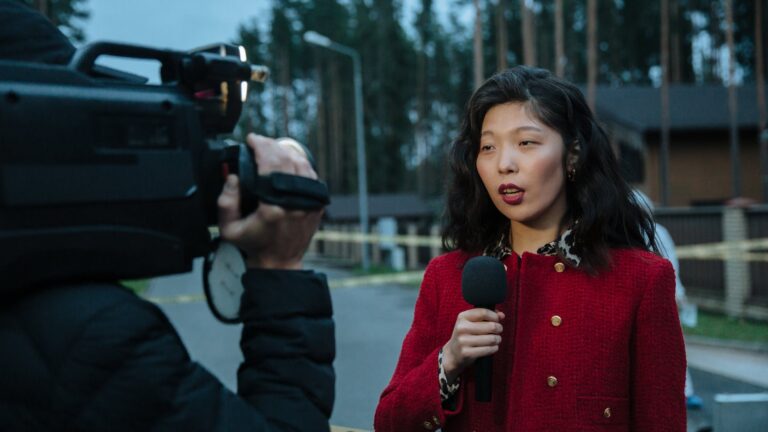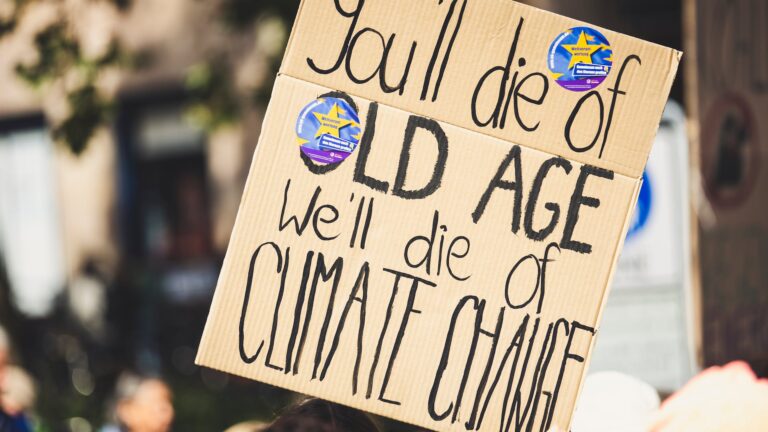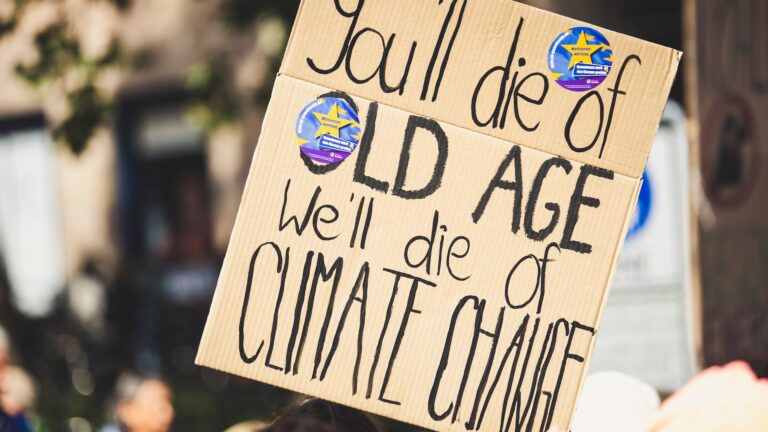How does the government impact political journalism?
- Introduction
- Definition of Political Journalism
- History of Political Journalism and Government Interference
- How Governments Try to Control the Narrative
- The Impact on Public Opinion
- The Role of Journalists and the Press in Holding Politicians Accountable
- Political Bias in Journalism
- Examples of Politicians Impacting Political Journalism
- Conclusion
- Sources
- References
Introduction: The Government’s Impact on Political Journalism
Political journalism is a form of journalism that covers the public affairs, current events and government systems of a local, state, national or international level. Over the years there have been many examples of governments attempting to exert control over the media and political journalism, which has had a significant impact on the reporting and dissemination of news and information. This article will explore how governments have impacted political journalism, from attempts to control the narrative to influencing public opinion and creating political bias in journalism.
Definition of Political Journalism
Political journalism is about reporting on government activities, policies and decisions for public consumption. It involves researching and analyzing relevant information, conducting interviews with politicians and making sense of it all to create a narrative that informs the public about their political environment. It can also be used as an avenue for influencing public opinion or advocating for change. Journalists are expected to remain impartial when reporting on politics, but they can also express their own opinions if they choose to do so.
History of Political Journalism and Government Interference
The relationship between political journalism and government interference dates back centuries, with governments often trying to control what is reported or trying to influence how it is reported. This can range from outright censorship to subtle attempts at influencing public opinion by controlling the narrative around certain topics. Governments have also sometimes used threats or intimidation against journalists who report stories that are inconvenient for them. In recent years there has been an increasing trend towards “fake news” stories being spread by governments in order to manipulate public opinion.
How Governments Try to Control the Narrative
One way governments try to control the narrative is by creating a perception of crises that require government action. Governments often use this tactic when there is an upcoming election or when they want to distract from negative news coverage about themselves. This can lead journalists to focus their attention on stories that are more likely to generate headlines but are less likely to be accurate or useful for informing the public about important issues. Governments also often try to discredit journalists who report stories that are critical of them by accusing them of bias or inaccuracy. This can make it harder for journalists to do their job without fear of retribution from those in power.
The Impact on Public Opinion
The impact of government interference in political journalism can be seen in how it shapes public opinion about certain issues or politicians. When governments use their influence over the media to amplify certain narratives or discredit those who express different opinions, it can lead people to form biased views based on incomplete information or false claims. This can lead people away from forming opinions based on facts or reason and instead towards forming opinions based on emotion or fear-mongering tactics used by politicians .
The Role of Journalists and the Press in Holding Politicians Accountable
Despite attempts by governments to interfere with political journalism, journalists still play an important role in holding politicians accountable for their actions . They investigate stories thoroughly before reporting them, question sources when necessary and strive for accuracy in their reporting . When done properly, this type of investigative reporting can uncover wrongdoing by politicians that would otherwise have gone unnoticed . This serves as a check against corrupt practices within government as well as helping keep citizens informed about what is happening in their society .
Political Bias in Journalism
When news organizations lean more towards one side than another politically, it can lead to biased reporting . This type of bias is often seen when news outlets favor one party over another during elections . It can also be seen when outlets fail to report facts accurately if they don’t fit into their preferred narrative . In some cases this type of bias can lead people away from forming opinions based on facts towards forming opinions based solely on emotion . This type of biased coverage can have a detrimental effect on democracy as it limits people’s access to accurate information which they need in order make informed decisions at election time .
Examples of Politicians Impacting Political Journalism
There are numerous examples throughout history where politicians have attempted (and sometimes succeeded) in influencing political journalism through various means . One example is former US President Richard Nixon who was known for trying (and failing) at manipulating media coverage during his presidency . Another example is Russian President Vladimir Putin who has been accused (by some) of using propaganda tactics such as controlling state-run media outlets and censoring reports that go against him politically .
Conclusion
In conclusion, governments have had a significant impact on political journalism over the years. From attempts at controlling narratives through censorship or intimidation tactics, creating perception crises requiring government action or creating biased coverage through propaganda; these methods have all been used by various governments throughout history. Despite this interference however; journalists still play an important role in holding politicians accountable by providing accurate information that citizens need in order make informed decisions at election time.




